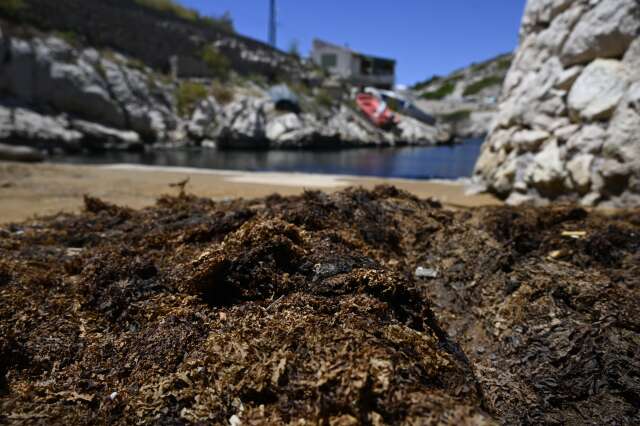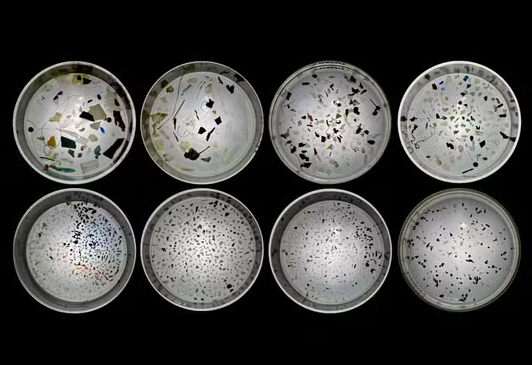“Rugulopteryx okamurae”, a brown algae native to Japan, arrived in the Strait of Gibraltar region in 2015. It has since colonized Spanish waters as far as the Canaries and the Basque Country, and caused considerable damage to biodiversity and the fishing sector.
“Helped by climate change, it has ravaged, in less than a decade, the seabed of the coast of Cádiz, affecting biodiversity, fishing and tourism,” laments El País. This is Rugulopteryx okamurae, a brown algae native to Japan which arrived in 2015 in Ceuta, the Spanish enclave on the Moroccan coast, transported in the ballast water of a boat. A year later, she crossed the Strait of Gibraltar.
The Andalusian coast is the most affected. But one that nothing seems to be able to stop thanks to a rare capacity for survival and multiplication “is already starting to be a problem in areas as diverse as Alicante, Almeria, the Canaries, the region of Murcia and even that of Bilbao”, indicates the Spanish newspaper.
“Like a fire”
Questioned by El País, María Altamirano, professor of botany at the University of Málaga, sounded the alarm:
“The impact is total. It’s like a fire that devastates everything in its path, except we can’t see it.”
Capable of living attached to the seabed, where thousands of specimens can live on a square meter, the algae also drifts in the water column. It occupies all space, up to 50 meters deep, and deprives other species of space and light.
The presence of Rugulopteryx okamurae is already catastrophic for the fishing sector. According to Nicolás Fernández, representative of the Cádiz fishing federation, we must already deplore the disappearance of sea urchins in Tarifa and of the octopus around Cape Trafalgar. “From 800 tonnes of sablefish caught in 2015, this figure fell to 600 kilos in 2019, a drop comparable to that of other species, such as red sea bream,” adds El País.
For the moment, nothing seems to prevent the spread of the algae. However, this is what fishermen and scientists recommend, considering that it will not be possible to get rid of it in areas where it is already present.
Source: Courrier International




